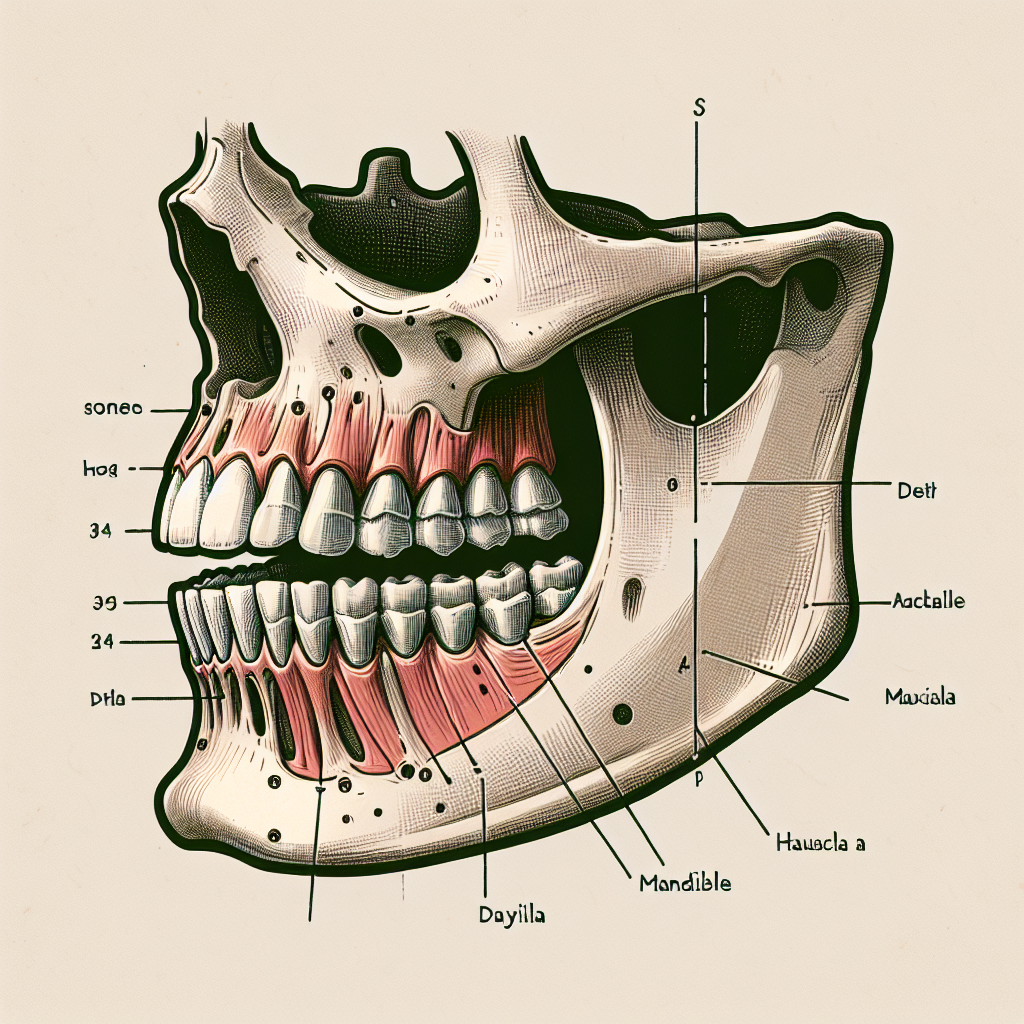Ancient Jawbone Unearthed: Insights into Early Human Evolution in Georgia
Archaeologists in Georgia have discovered a 1.8-million-year-old jawbone at Orozmani, providing insights into early human settlements in Eurasia. The site offers crucial information on the migration and lifestyle of Homo erectus and reveals fossils of various prehistoric animals, including a sabre-toothed tiger and more.

Archaeologists in Georgia have made a breakthrough discovery, uncovering a 1.8-million-year-old human jawbone. This finding at the Orozmani site, just 100 km from Tbilisi, offers remarkable insights into early human settlements outside Africa.
The site, already famous for its historical significance, provides evidence that could enhance understanding of Homo erectus migration and lifestyle. Notably, the excavation unearthed fossils of diverse prehistoric creatures, such as a sabre-toothed tiger and other animals, along with stone tools.
Researchers emphasize that the study of these remains could reveal significant information about the diet and climate faced by early humans. The Orozmani site continues to be a treasure trove for archaeologists, highlighting Georgia's role in tracing human evolution.
(With inputs from agencies.)










